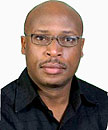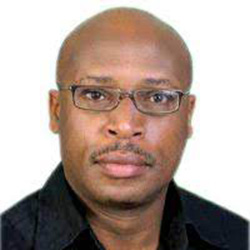Drama of the Kenyan case makes ICC woes seem academic
The international Criminal Court case against the so-called Ocampo-four in Kenya has generated much international interest.

Gitura Mwaura

